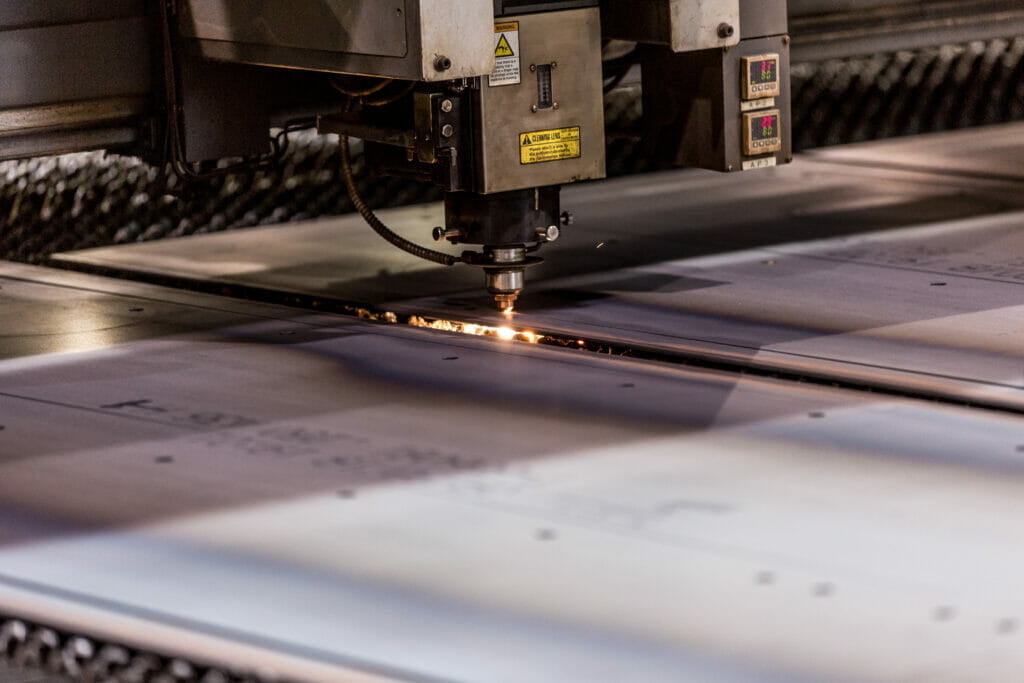Recently, I discussed the importance of an entrepreneurial mindset to an individual and community’s economic future, and I concluded asking readers to consider the future of work and how technological change could impact how we do economic development. This month’s message offers some thoughts on what work and jobs may entail in the not-too-distant future.
A couple years back I ran into the author Yuval Noah Harari’s work on the subject of human evolution. His books Sapiens and Homo Deus provide a profound way to understand the history of our species as well as the impacts technology could have on our race. Recently, Harari published the book 21 Lessons for the 21st Century, and the second lesson in his book focuses on Work – a very important topic to those of us in economic development. The subtitle to his second chapter is “When you grow up, you might not have a job”. Needless to say, for those of us who measure success in economic development by job creation, that should raise eyebrows. For investors and partners in the work of the EDC, I’d like to share just a handful of Harari’s thoughts on this topic:

- Machine Learning and Artificial Intelligence (AI) – Humans have two abilities, physical and cognitive. We generally agree that AI is capable of replacing much of the physical work humans do, but recent advances in neuroscience and behavioral economics is teaching us that computer algorithms are learning cognitive and emotional characteristics to compete for non-physical work. As Harari says, “AI can outperform humans even in tasks that supposedly demand ‘intuition’.”
- It is limiting to think about an individual machine/robot replacing an individual job in the marketplace, because the real advantage of the growth of AI is that human work is likely to be replaced by an integrated network. Instead of one radiologist reviewing your chest scan for what might be lung cancer, a network that can bring to bear millions of chest x-rays to compare yours against others that indicated what did or did not turn out to be cancer …… and to complete the analysis in milli-seconds. Even current careers with years of education are at risk.
- It is dangerous to assume that the creation of new human jobs/work that occurred following the Industrial and Service Sector revolutions will occur at the same level and will be easily available to a large swath of the population. In fact, Harari contends that “The problem with all such new jobs … is that they will probably demand high levels of expertise, and will therefore not solve the problems of unemployed unskilled laborers.” We may not know all of the types of work the future holds, but we can be assured that people who haven’t been taught the skills and processes of learning and problem solving (entrepreneurial mindset) will struggle more than those of past generations.
- Do we have the mental stamina to live in a world with unprecedented economic and social change? By all accounts, the hectic world of the early 21st Century has already created a global epidemic of stress. What’s to come may require political decisions necessary to slow down technological advancements so our psyches can maintain some stability. Harari states that “Governments will have to step in, both in subsidizing a lifelong education sector and by providing a safety net for the inevitable periods of transition.”
- People generally work for two reasons – to support themselves and their families, and because they have a passion and purpose for the work they do. We spend the majority of our life defining ourselves by, and being defined by, our job(s). Is it possible that for millions of people, decades of employment won’t be how they can define themselves? If this is the case, a quest for meaning and community may eclipse the value of a job.
No one can predict the speed at which technological change will happen, but few disagree that it will create significant impacts on our society, some good and some challenging. I would contend that this change affords our region an opportunity to play a leadership role in redesigning many of our key institutions, from education to social services, and economic to environmental. We can choose to come together to engage on these topics and debate a course of action. Not doing so will certainly leave our future to chance.
Joe Raso,
President & CEO, GFMEDC

